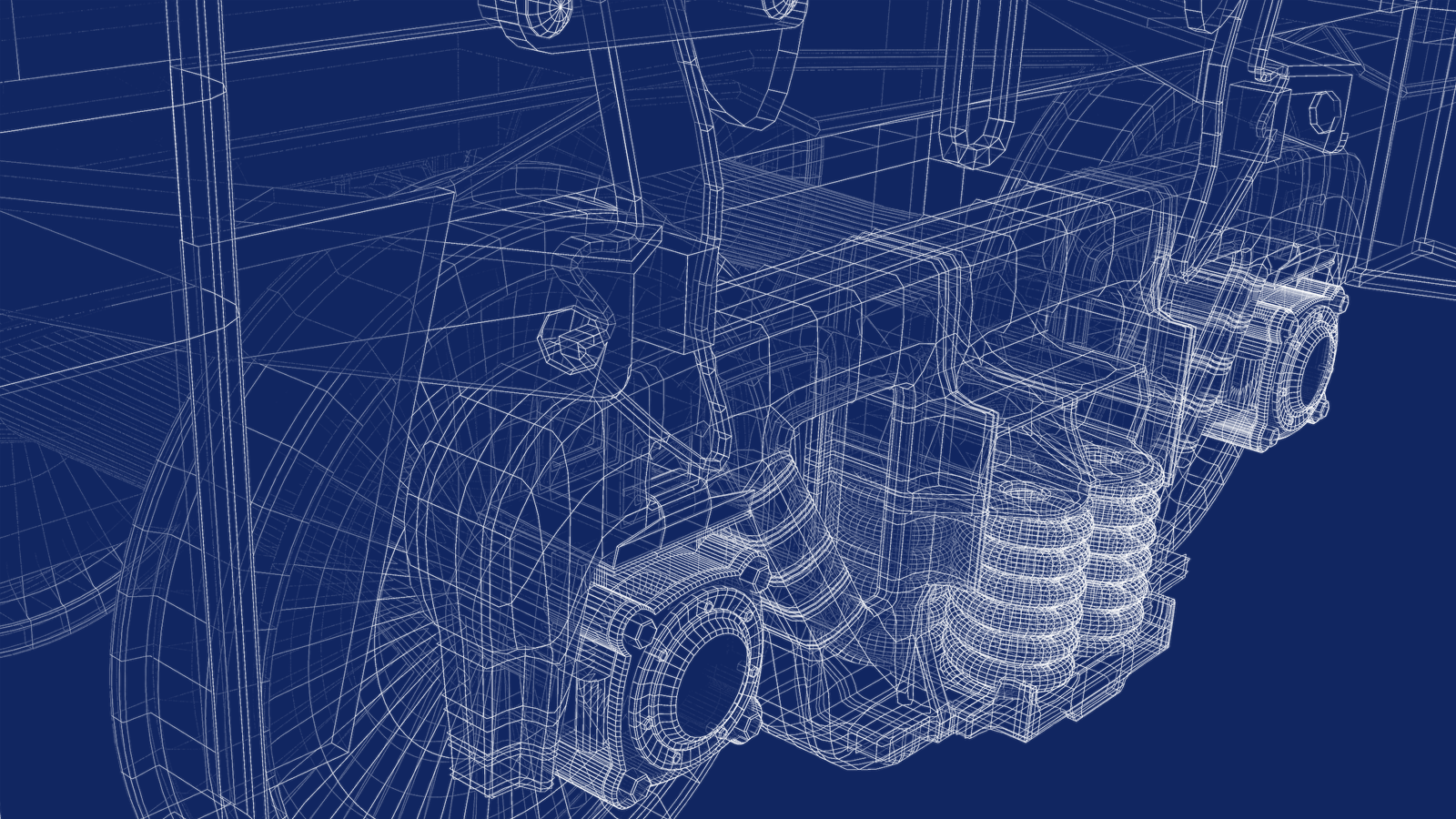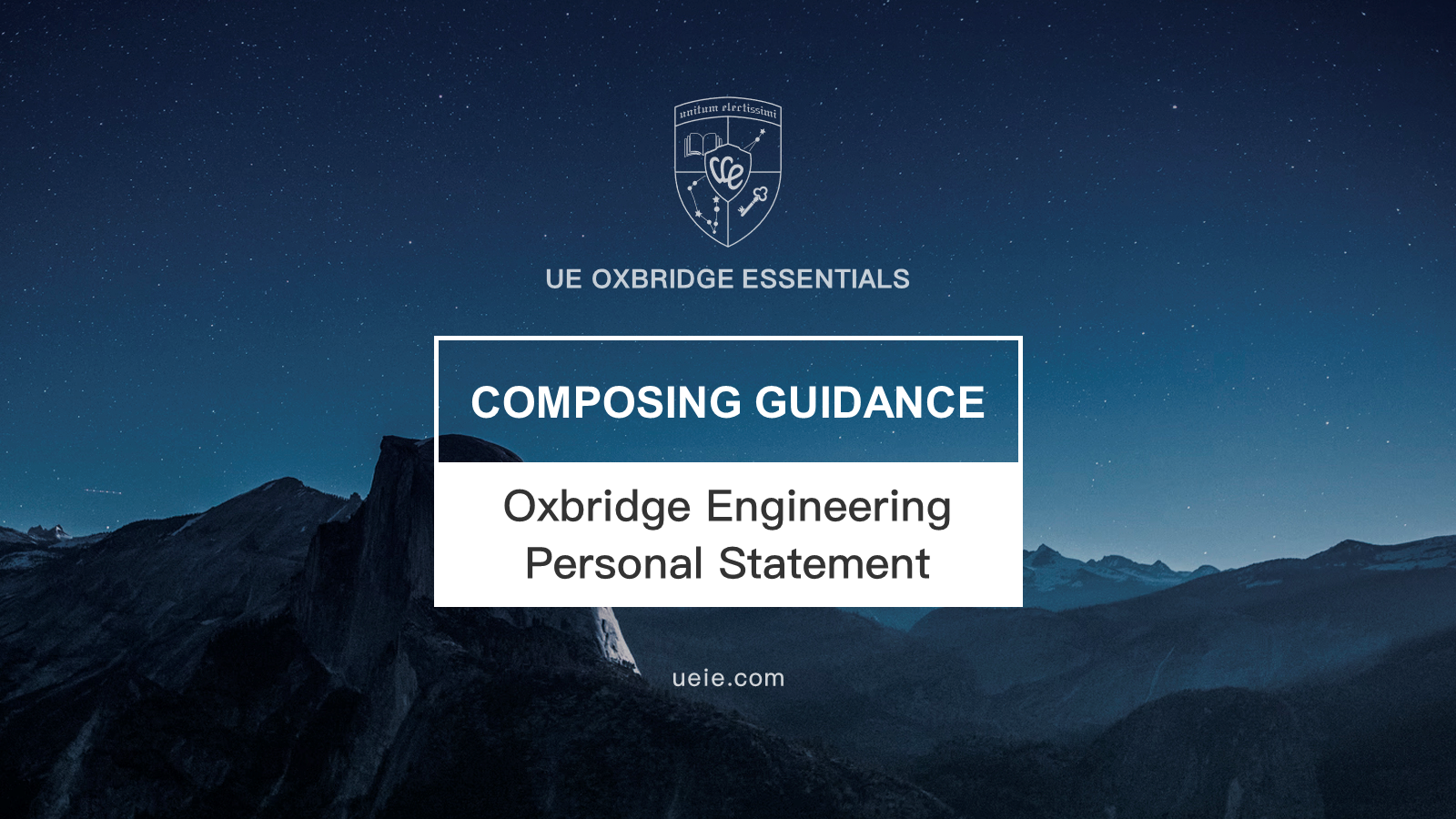Your engineering personal statement carries significant weight when it comes to Oxbridge engineering admissions. It’s no longer just a formality but a chance to shine among highly qualified applicants.
This blog covers everything you need to write an Oxbridge engineering personal statement, from what to include to how to shape it; then, you’ll clearly understand how to compose a statement that grabs interest and sticks.
I. Importance of an Engineering Personal Statement
Admission for engineering at Oxbridge is highly competitive, and your engineering personal statement is vital in determining your prospects. It’s your chance to showcase your skills, passion, and suitability to study engineering at Oxbridge. And it’s the admissions committee’s first glimpse of you beyond your grades and qualifications. Let’s dive right in!
And it should be noted that UCAS released the FUTURE OF UNDERGRADUATE ADMISSIONS in January 2023, indicating that it will reform five aspects of the undergraduate admissions process. UCAS will be reframing the current format of the personal statement into a series of questions:
- Motivation for course – Why do you want to study these courses?
- Preparedness for course – How has your learning so far helped you to be ready to succeed on these courses?
- Preparation through other experiences – What else have you done to help you prepare, and why are these experiences useful
- Extenuating circumstances – Is there anything that the universities and colleges need to know about, to help them put your achievements and experiences so far into context?
- Preparedness for study – What have you done to prepare yourself for student life?
- Preferred learning styles – Which learning and assessment styles best suit you – how do your courses choices match that?
However, at present, a personal statement is still required for students applying in the 2024 application cycle.
II. What to Include in Your Engineering Personal Statement
- Start your engineering personal statement with a compelling introduction that grabs the reader’s attention. Please explain why you are interested in studying engineering at Oxbridge and how it aligns with your career goals.
- Tell us about your academic experience and any previous engineering experience you may have. Describe any relevant work or internships that demonstrate your talents and expertise.
- Explain your academic accomplishments and describe your favorite engineering topics or modules. Then, emphasize your educational achievements and abilities applicable to the field, including excellent grades in math and technology and relevant coursework. If you excel in those areas, it demonstrates your solid understanding of fundamental engineering principles.
- Work experiences and internships related to engineering can significantly enhance your engineering personal statement. Discuss the skills and knowledge you’ve gained and how they’ve shaped your aspirations. Remember to describe instances where you implemented your engineering expertise and showed your ability to solve problems and innovate.
- Describe your interests and skills relevant to engineering, including problem-solving abilities, creativity, critical thinking, or management experience. Also, mention any extracurricular activities that demonstrate those abilities.
- An engineering personal statement should also include extracurricular activities and hobbies that show your passion. Whether collaborating in robotics competitions, volunteering for STEM initiatives, or developing your invention, displaying your dedication to engineering outside academic settings shows your determination and vitality for the field.
- Describe your long-term engineering goals and aspirations. And explain how studying engineering at Oxbridge will help you achieve those goals.
- Reflect on your experiences and personal development. Then, discuss a challenging situation, how you overcame it, how you’ve grown academically and personally, and how this has shaped your engineering approach.

III. Structuring Your Engineering Personal Statement Effectively
Follow these steps to shape your engineering personal statement effectively:
1. Start of your essay
Create an engaging opening. A vivid assertion or story should demonstrate your fascination with engineering and try to make it memorable. Avoid clichés and the most obvious opening sentences so that you stand out from the first line. Refer to the most common opening lines published by UCAS:
From a young age…
For as long as I can remember…
I am applying for this course because…
I have always been interested in…
Throughout my life, I have always enjoyed…
2. Developing the plot
- Prepare your engineering personal statement logically with a logical structure. Describe your educational achievements, skills, interests, and plans in engineering especially. Then finish by reflecting on your learning experience and conclusion.
- Explore Oxbridge’s values and articulate how your aspirations align with theirs. And examine the aspects of the college that resonate with you, such as its modern study opportunities, close-knit community, or commitment to social responsibility.
- Explain why you’re interested in studying engineering at Oxbridge and why the university appeals to you. From present-day research projects to specific programs offered by Oxbridge, you can explain how each element aligns with your career dreams and how they will contribute to your professional development.
3. End of your engineering personal statement
An impressive end of your engineering personal statement may leave the admissions tutor with a strong lasting impression – one that will leave them no choice but to make you an offer. How to do this? There are several suggestions:
- Avoid famous quotes. Like the start of your engineering personal statement, try to avoid cliches, quotes, or asking rhetorical questions you’re not going to answer.
- Connect to your content above. Revisit the key points mentioned in the main body and emphasize them again.
- Talk about the future and your university expectation. Looking to the future is an optimistic way to finish. It shows you’re goal-oriented and carefully thought about how this course fits into your plans.
IV. Polishing the Proof
- Keep your writing concise and lively: Use straightforward language and a positive voice to convey your ideas effectively. Don’t use jargon or complicated language that distracts from your main points.
- Be edited with your statement: Ensure your engineering personal statement is proofread and edited without grammatical, spelling, or typographical errors; cause following these pointers and crafting a strong personal statement can boost your chances of securing an engineering place at Oxbridge.
- Understand the course structure: Familiarize yourself with the course structure. Look at the modules and subjects that appeal to you most. Explore the official websites of Oxford and Cambridge for detailed information on physics course.
- Feedback and Iteration: Seek feedback from teachers, mentors, or peers, especially those with insights into the Oxbridge application process. Be open to critiques and willing to revise your statement for clarity, coherence, and impact.
- Don’t be modest or shy: You need to show your enthusiasm for engineering.

V. Sample Engineering Personal Statement and Comments
1. Engineering personal statement sample
Engineers build societies. More specifically, mechanical engineers apply fundamental maths and physics laws to construct mechanical devices that we use every day, despite sometimes going unnoticed. For this reason, I would like to pursue a career in engineering, as it is such a key component in societies. It combines my fascination of how things work and the mechanics behind devices, with the ability to apply maths and physics concepts to real-life situations.
Studying Maths Mechanics at A-level has given me experience with calculus and more advanced mathematics, including differential equations, creating a firm grounding for the mathematics I should encounter at degree level. Physics has given me an understanding of fundamental notions and reinforced the mechanical aspects of maths, while through Chemistry I have gained hands-on practical experience through regular experiments. Economics at AS level allowed me to develop knowledge on economic practices, as I recognise that many engineers move on to positions involving management responsibilities.
Being invited to partake in the A2 British Physics Olympiad enabled me to gain a deeper understanding of physics principles including Newton’s Laws of Motion and the Laws of Thermodynamics, especially those entwined into everyday tasks. Participation in the Physics Olympiad also provided me with the means to develop my critical thinking skills, as there are usually multiple paths which can be taken to reach the same answer. In addition to this, it required me to think logically about a problem while also being creative. Over the summer holidays, I had the opportunity to undertake masterclasses offered by the University of Liverpool, where I was able to enhance my practical problem-solving experience and apply familiar concepts to strange and unfamiliar problems. One of the masterclasses was engineering movers & shakers, where we engaged in a group structure building task and learnt about the levels of stress structures can withstand. To broaden my engineering knowledge I conducted personal online research, with youtube channels Engineering Explained and Learn Engineering, partnered with regularly assisting my dad in repairing and restoring old Land Rovers providing a wealth of knowledge. Here I have been able to develop awareness of underlying concepts within motorised vehicles, such as the differential which allows the wheels to rotate at different speeds while transferring power to both wheels through the use of the spider gear. Allowing for two different types of rotation and so creating variable power output to the wheels.
Last year, as part of the Welsh baccalaureate I volunteered at my old high school’s maths department, where I tutored a group of year 11 students guiding them through the additional maths course. This was beneficial as it allowed me to develop my interpersonal skills, as I had to alter my teaching approach in order to convey the content as effectively as possible to suit each individual student. Completing the Bronze Duke of Edinburgh Award has meant I have gained valuable skills including teamwork, leadership and confidence, allowing me to work with a diverse range of people, this is useful as an engineer because you will encounter and have to work alongside various types of people to achieve common goals. In my spare time, I joined a rowing club for several months, demonstrating my commitment and organisation skills as we often trained multiple times per week including early mornings, together with communication skills as team cohesion is an important factor when being part of a crew.
Studying mechanical engineering will allow me to contribute to new life-changing technologies for numerous industries; including construction, transport, and health-care. My motivation and diligence along with my ability to study independently will make me as I believe it an asset to the course.
2. Comments
- In addition to the achievements of the engineering course, the statement describes the applicant’s studies in math, physics, chemistry, and other courses.
- A detailed list of the grades and awards proves the applicant’s outstanding learning ability and talent.
- Various extracurricular activities and volunteer activities are listed to prove the applicant’s enthusiasm and teamwork ability.
- Closely integrate the applicant’s ideals with the university’s education and concepts.
- The statement is logical, and the language is easy to understand. The connections between the parts are smooth.
VI. Conclusion
Writing a compelling engineering personal statement emphasizes storytelling, problem-solving skills, and alignment with Oxbridge’s values. Follow the suggestions provided by Oxbridge and UCAS, proofread your engineering personal statement carefully before submitting it. Wish you success with your application!


